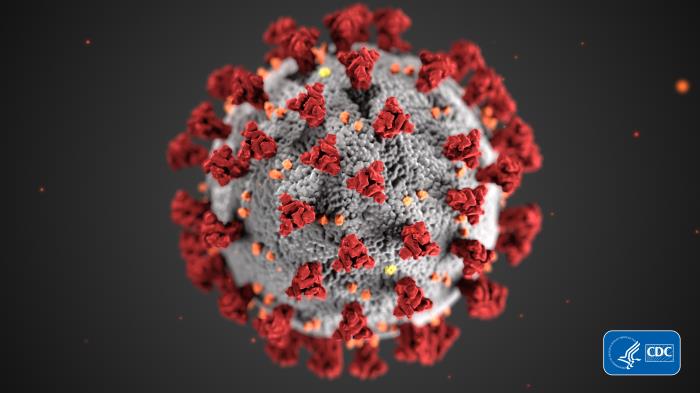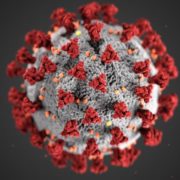
A MUTATED strain of the novel coronavirus has been found in the Philippines, which could be more infectious than the original variant, Filipino genomic researchers reported.
The G614 strain was detected along with the original D614 genotype in the positive samples collected from Quezon City, home to approximately 2.9 million residents, according to the Philippine Genome Center (PGC).
“We now report the detection of the D614 variant among nine randomly selected COVID-19 positive samples collected in Quezon City in July. In the month of June, both the D614 as well as the G614 have been detected in a small sample of positive cases,” the PGC said in an August 13 bulletin.
“Although this information confirms the presence of G614 in the Philippines, we note that all the samples tested were from Quezon City and may not represent the mutational landscape for the whole country,” it added.
In July, researchers from the Los Alamos National Laboratory in New Mexico and Duke University in North Carolina published a study in the scientific journal Cell, noting that patients infected with the G614 variant had a higher viral load compared to those infected with D614.
However, they said that the G614 variant does not appear to be deadlier nor does it have an impact on disease severity.
“There is still no definitive evidence showing that carriers of the G614 variant are actually more transmissible than those with D614, and the mutation does not appear to substantially affect clinical outcomes as well,” the PGC added.
It also said that continuous monitoring of the new strain “must be done in order to better understand the evolutionary trajectory of SARS-CoV-2 to inform containment, diagnostic, and therapeutic strategies.”
Philippine Health Undersecretary Maria Rosario Vergeire, for her part, stressed that more evidence is needed to declare that the G614 variant is the dominant variant spreading in the country.
“We still need a lot of evidence for us to say that the virus here is mutated, that it is the one that is spreading in the country,” she told reporters in English and Filipino.
“What we know so far is that the G614 and D614 are the strains we have in the Philippines but it is not yet conclusive because the study of the Philippine Genome Center was just in the Quezon City area. So it needs to be expanded so that we can see it well,” she added.
Vergeire also pointed out that there’s “no solid evidence” yet confirming that G614 is more transmissible.
“Whatever strain there may be in the Philippines for SARS CoV-2, we just continue to enforce strictly and properly the minimum health standards,” she said.





